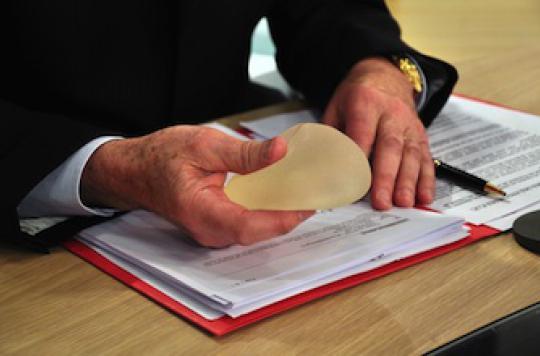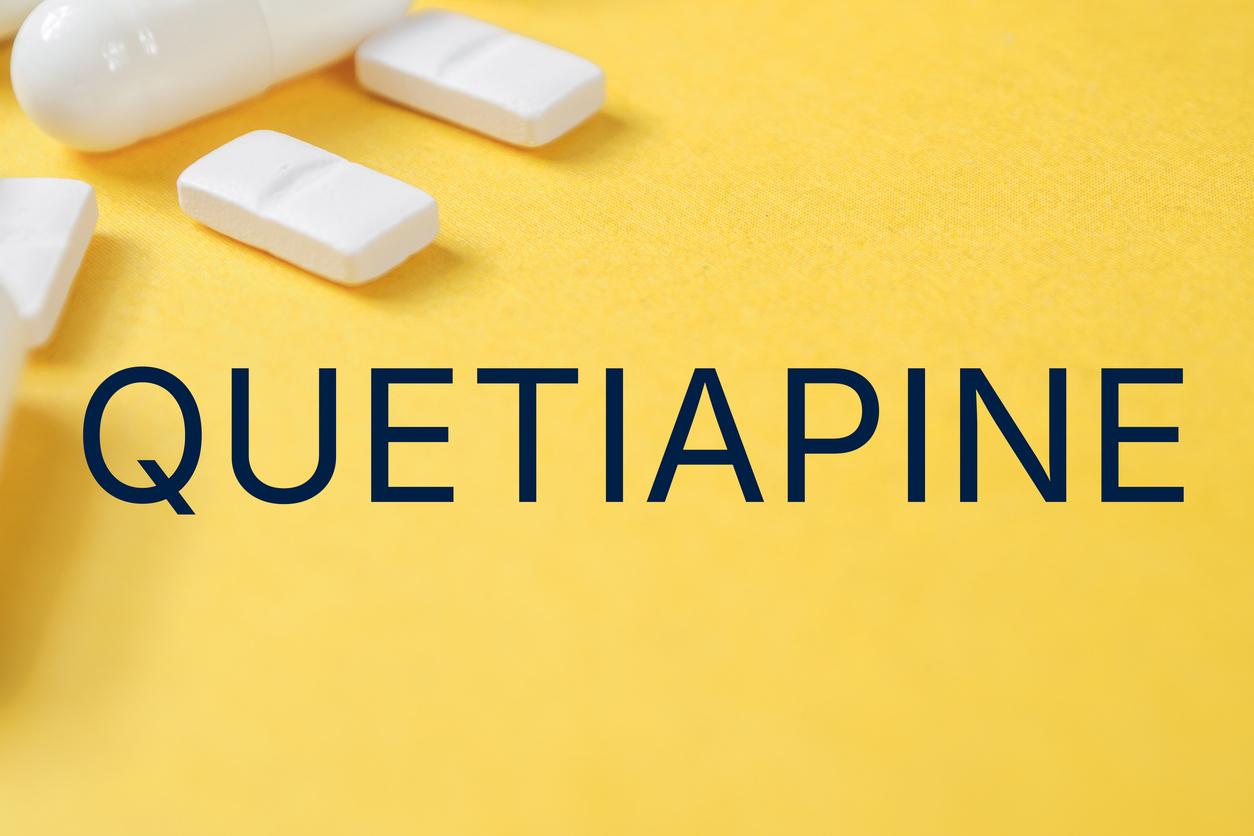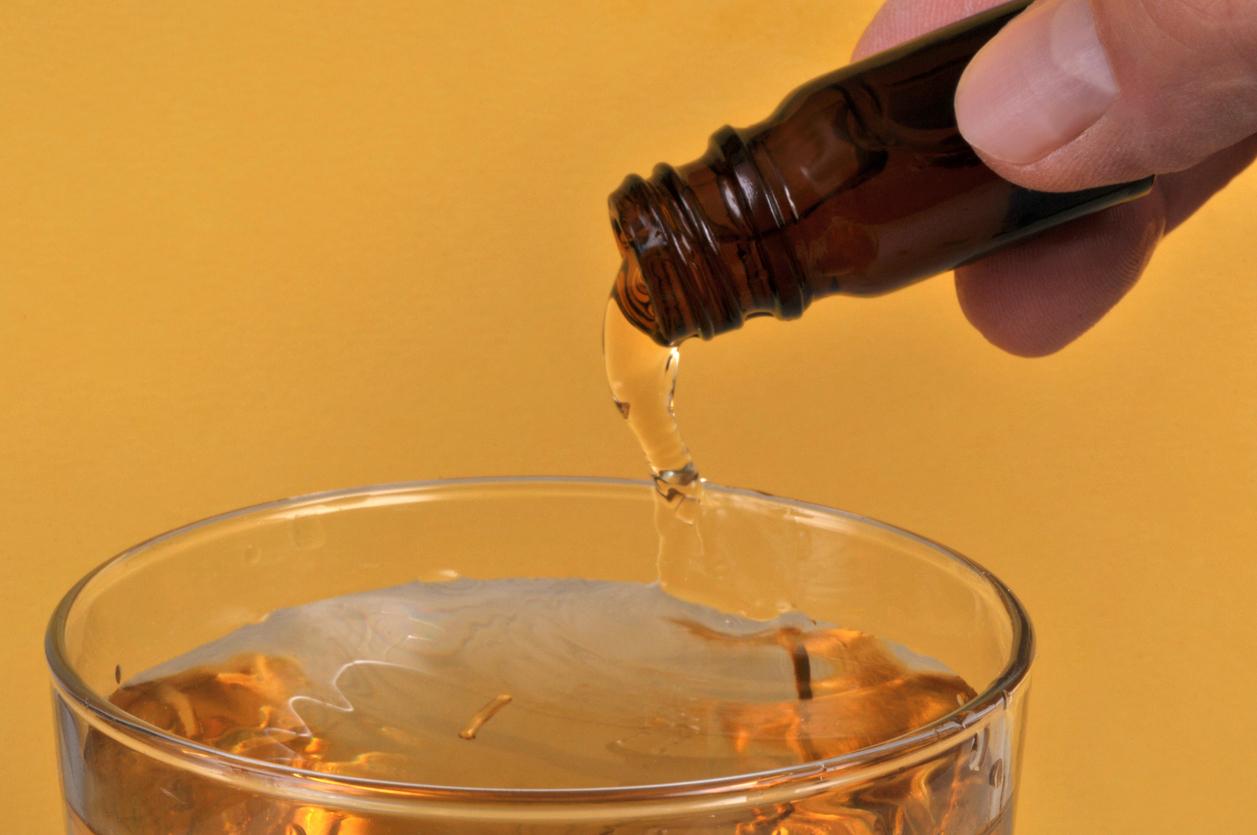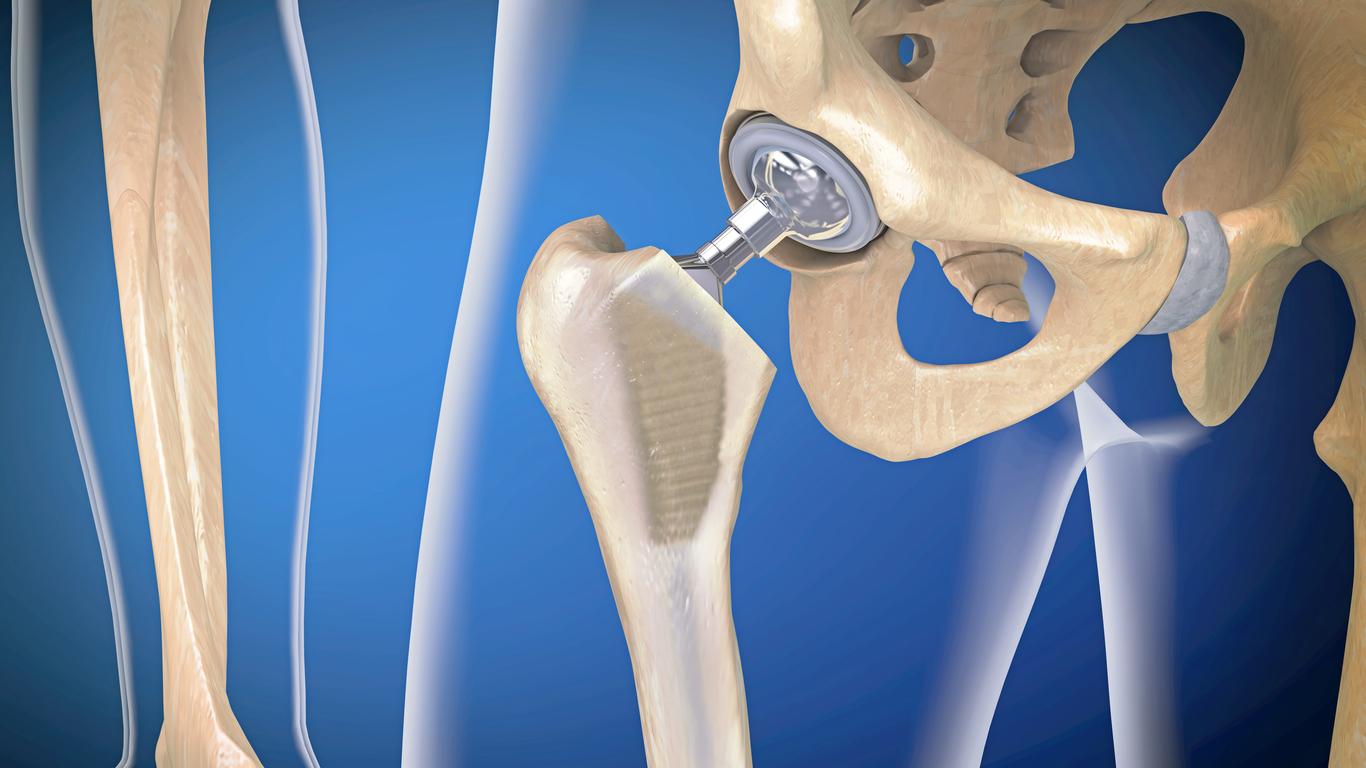According to a report obtained by Mediapart, the French Agency for the Safety of Health Products could have suspended the sale of PIP breast prostheses in 2007 and not in 2010.

The information will undoubtedly ring out like a new sledgehammer for the victims of Jean-Claude Mas, the French manufacturer of PIP breast prostheses containing a fraudulent silicone gel. The French Agency for the Sanitary Safety of Health Products (Afssaps) was in a position to suspend the marketing in France of adulterated breast prostheses of the PIP brand from 2007 or 2008, and not in 2010 as was the case. This is the new bomb dropped this Tuesday by Mediapart.
A withdrawal in 2007 would have made it possible to avoid thousands of settlements
The information site has, in fact, obtained an internal report to the Agency that has never been published. The top secret document is based solely on materiovigilance data available to Afssaps before the outbreak of the case. He concludes that “the increase in ruptures for PIP prostheses began in 2006.” The Afssaps could therefore have reacted in 2007, or at the latest in 2008, which would have made it possible to avoid the implantation of 6445 to 10466 women, that is to say a third of the carriers of implants.
In addition, the report criticizes the reassuring speech of Afssaps on the harmfulness of the gel present in the prostheses, while their manufacturing process, the physico-chemical characterization and the evaluation of the danger were unknown. As a result, “preventive explantation should have been proposed in 2010”, explain the journalists.
However, in fact, the suspension of the marketing of PIP prostheses was decided in March 2010, after Afssaps observed by chance during an inspection that the gel used was different from that mentioned in the regulatory file. Regarding the explant recommendation, it only came into being at the end of 2011.
The Ansm’s omissions on the report submitted to the Minister in February 2012
In addition, Mediapart accuses the Agency of having “redacted the elements which pointed to the major shortcomings of the management by Afssaps of the PIP affair”, in the official report submitted to the Minister of Health Xavier Bertrand in February 2012 , that is, two months before the confidential report was completed.
Thus, according to Mediapart, the latter does not contain the material vigilance data provided by the manufacturer, but only the reports of health professionals who tend to under-report adverse effects.
Finally, the February 2012 report also did not contain the full description of the toxicology data collected by the Agency, in particular analyzes which show the presence of a high content of D4, a reprotoxic contained in the gels of breast prostheses. Pip.
The Medicines Agency had already been alerted in 2008
As a reminder, the Health Products Agency had been alerted in 2008 by surgeons to ruptures of the shell of PIP implants much more frequent than among other manufacturers. It also had photos of the undeclared silicone oil drums coming from the Var site, elements that will allow the two inspectors dispatched by the Agency to obtain the confession of the fraud during their on-site visit in March 2010.
Since this revelation, the victims of Jean-Claude Mas have wondered about the absence of unannounced checks, following these alerts launched in 2008.
However, these victims will have to wait until December 10 to know the fate of the PIP company. This is the date set by the Marseille Criminal Court to deliver its judgment.
.
















